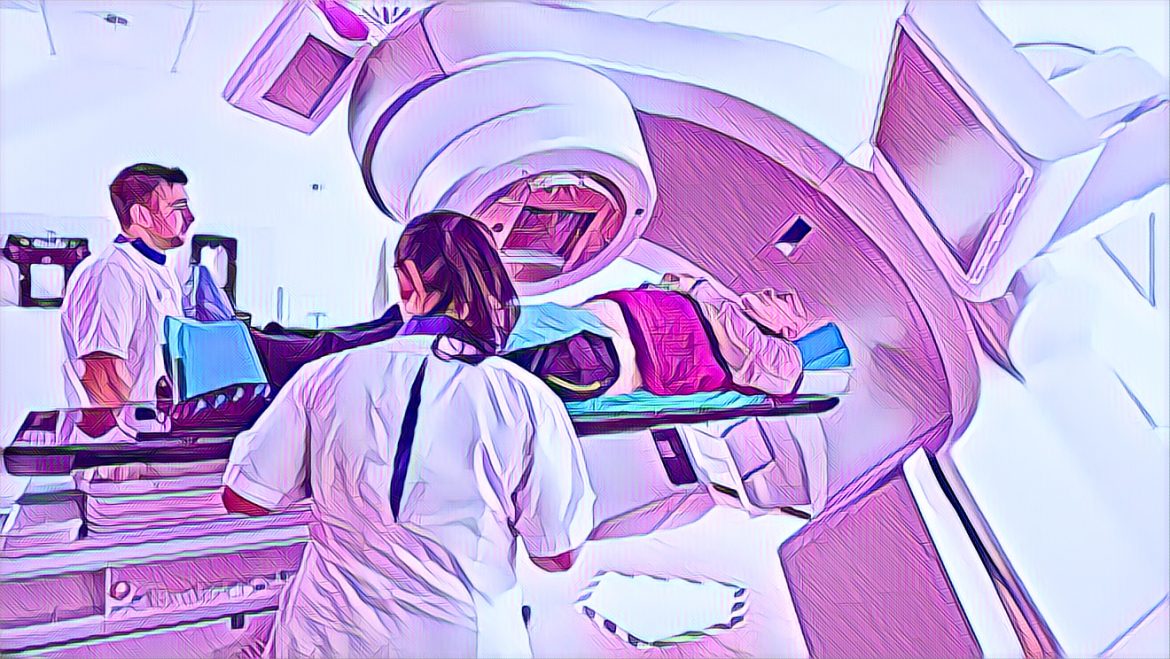In a revealing interview that casts a spotlight on the dire state of cancer treatment in Zimbabwe, Nothando Mutizira, the head of the Radiotherapy department at Parirenyatwa Hospital, has voiced serious concerns over the chronic shortage of essential drugs and functioning radiotherapy machines in the country. This alarming situation has left many cancer patients in a perilous limbo, with their hopes for treatment dwindling as the machinery required for their care remains inoperative for years.
The revelation comes in the wake of a significant donation of cancer drugs valued at US$50,000, a collaborative effort between CABS, Pick n Pay, and the Cancer Association of Zimbabwe. This gesture of goodwill, while commendable, underscores the larger, systemic issues plaguing Zimbabwe’s healthcare infrastructure, particularly in the realm of cancer treatment.
Mutizira expressed cautious optimism about the ongoing efforts to repair the vital radiotherapy equipment, noting that engineers have completed initial assessments and are planning to return soon to commence repairs. This progress is a glimmer of hope in what has been a long-standing challenge for the hospital and its patients.
The scarcity of chemotherapy drugs has been a critical hurdle for the hospital, often leaving patients unable to afford the lifesaving treatment they desperately need. The recent donation is set to alleviate some of this pressure, ensuring that patients can receive the prescribed treatments without the burden of cost.
Despite these efforts, the harsh reality remains that Zimbabwe has only one functioning radiotherapy machine, and it is privately owned. This stark inadequacy forces many patients to seek treatment abroad, a solution far from reach for the majority due to the prohibitive costs involved.
According to a report by New Zimbabwe, Junior Mavhu, General Manager of the Cancer Association of Zimbabwe, emphasized the importance of corporate partnership in the fight against cancer, calling on organizations to support healthcare facilities in their mission to provide adequate care.
The latest statistics from the Zimbabwe Cancer Registry, indicating 7,500 new cancer cases and 2,500 deaths in 2018 alone, paint a grim picture of the cancer burden in the country. The breakdown of Parirenyatwa Hospital’s three radiotherapy machines exacerbates an already critical situation, highlighting the urgent need for a concerted effort to overhaul the nation’s cancer treatment capabilities.
This crisis calls for immediate action from both the government and the private sector to ensure that the people of Zimbabwe have access to the essential healthcare services they require. The generosity of donors provides a temporary lifeline, but the path to a sustainable solution lies in the investment in and maintenance of medical infrastructure.


